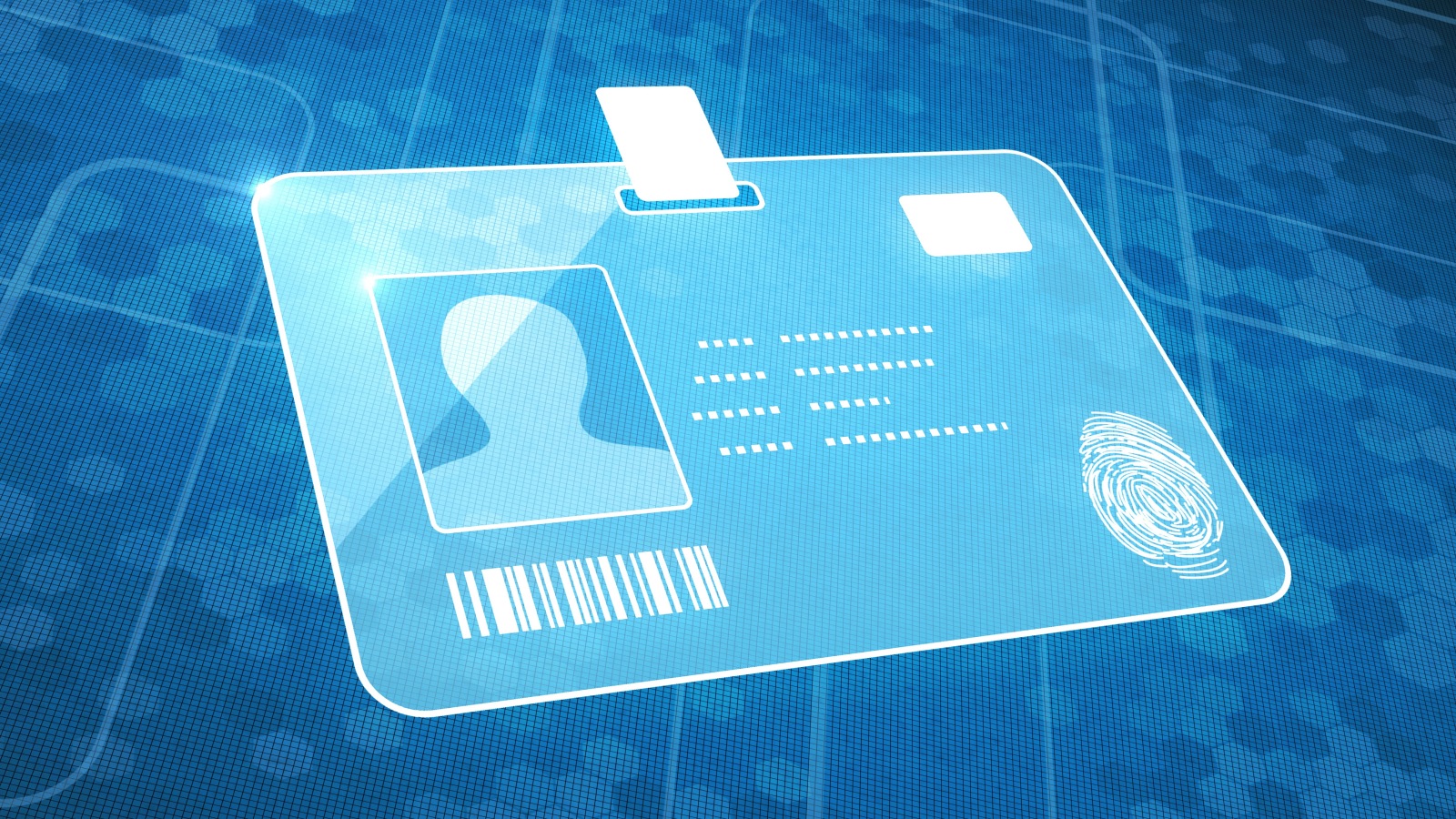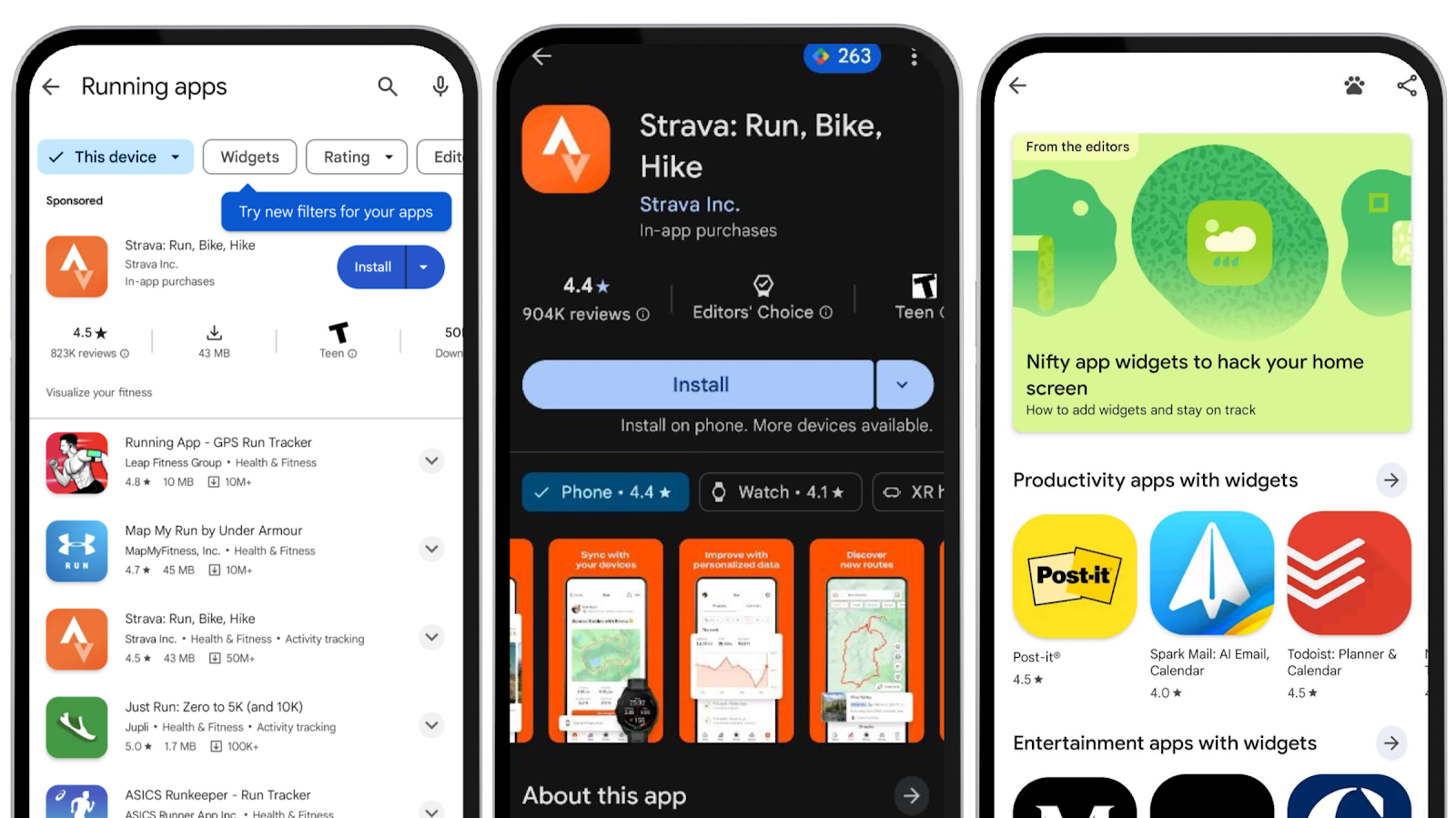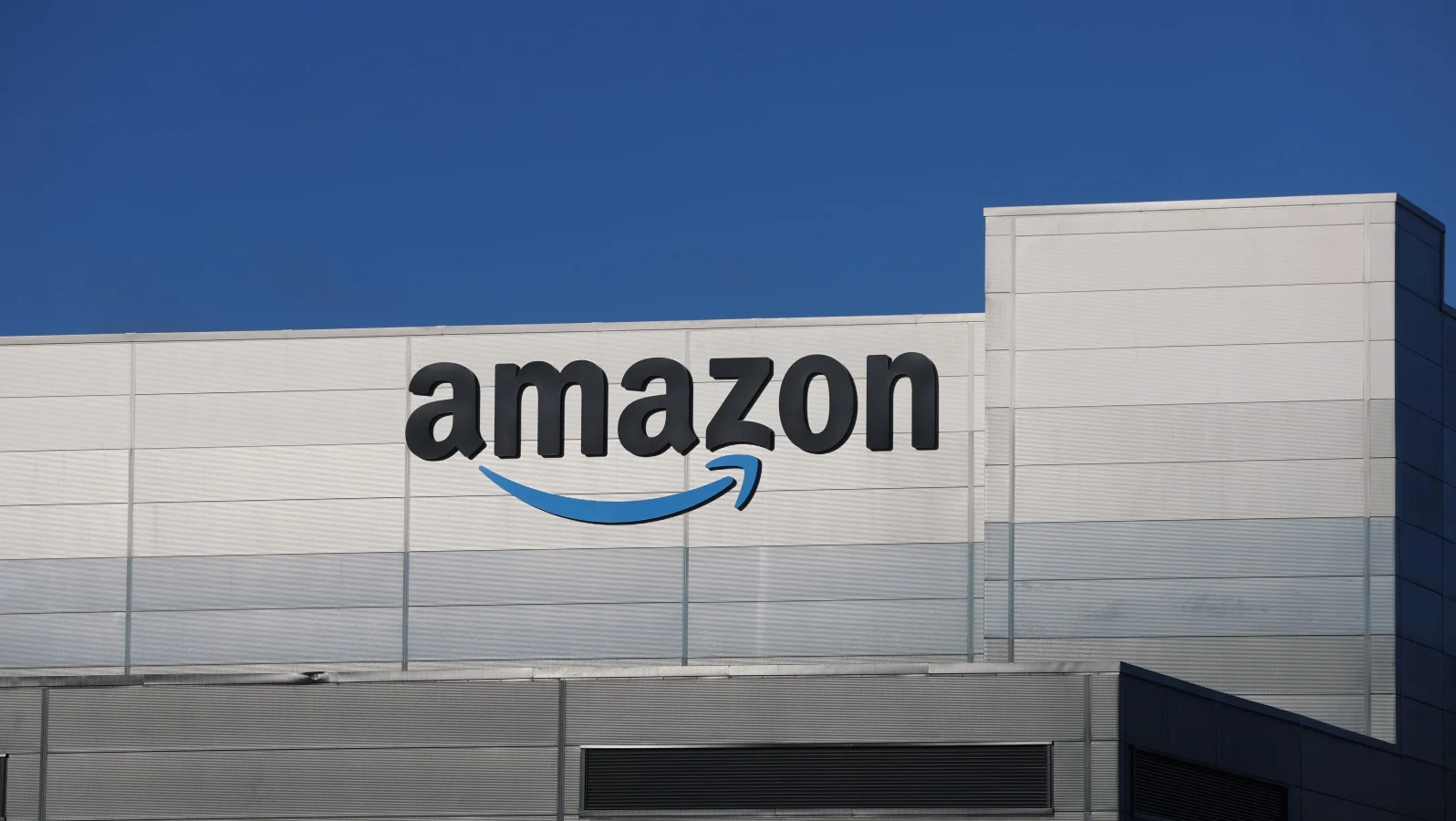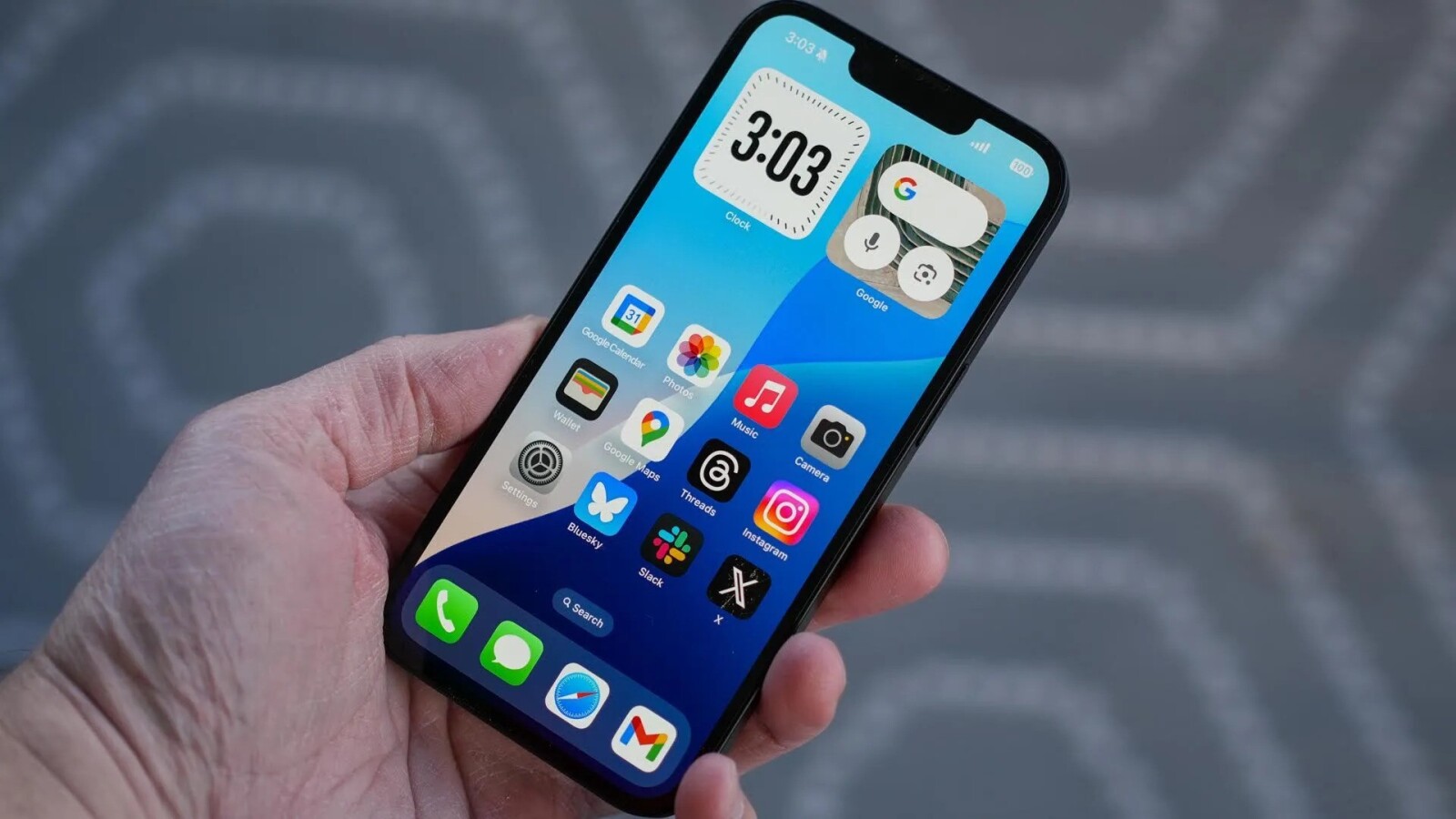
Apple Tries to Pause App Store Ruling, But Fortnite Will Still Come to iPhone
The legal battle between Apple and Epic Games is once again in the spotlight, as Apple has now taken steps to delay recent court-enforced changes to its App Store rules. Following a ruling that took effect last week, Apple has filed an emergency motion with the U.S. Court of Appeals for the Ninth Circuit, requesting a temporary suspension of the modifications mandated by the court.
The ruling in question required Apple to eliminate its longstanding restrictions that prevented developers from including external payment links within their iOS apps. Furthermore, Apple was ordered to stop imposing rules that discouraged or limited how developers could inform users about alternative payment options outside of the App Store. These directives, issued by Judge Yvonne Gonzalez Rogers, were designed to take effect immediately, and Apple implemented them swiftly in response.
In its new appeal, Apple argues that the enforced changes are not only disruptive but also unlawful. The company’s legal team claims the ruling forces Apple to give up control over its intellectual property and infrastructure, which they argue a federal court has no authority to compel. According to the documents submitted in the appeal, the financial implications for Apple could be enormous—potentially costing the tech giant hundreds of millions, if not billions, of dollars every year. This threat to its revenue model is a key reason Apple is pushing so forcefully to reverse the decision.
The dispute stems from an earlier 2021 court judgment that initially required Apple to allow links to outside payment systems within apps. However, the implementation of that order was delayed for years due to ongoing appeals. When Apple finally complied in 2024, it introduced a new policy that still allowed external payment links—but added its own commission of up to 27% on those transactions. Judge Rogers criticized this policy, saying it violated the intent of the original injunction, which was meant to open up more freedom and transparency for developers and consumers.
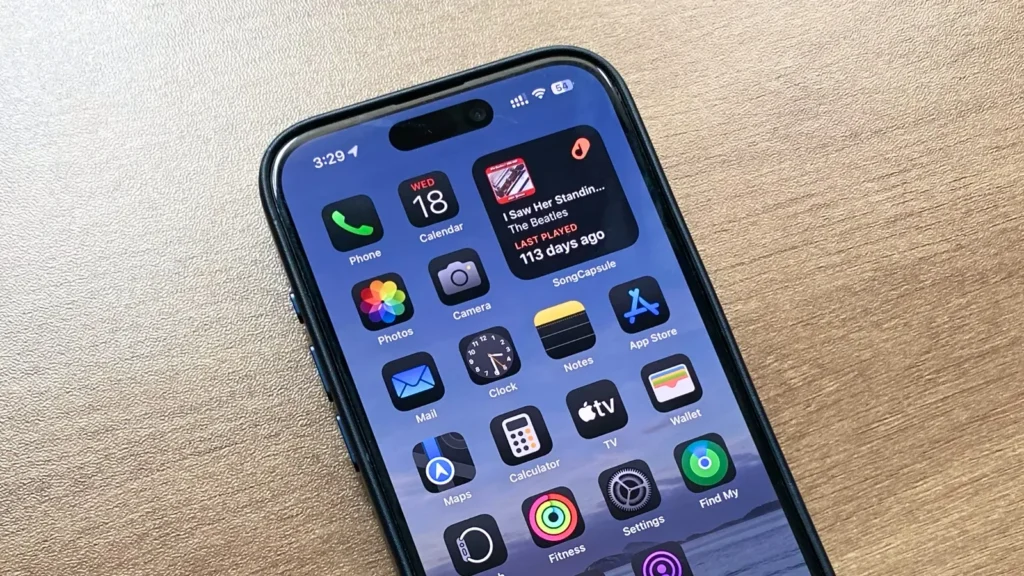
While Apple tries to put the brakes on these sweeping changes, Epic Games has made it clear that its flagship title, Fortnite, is on its way back to the App Store. In a public statement, Epic denounced Apple’s appeal as a desperate move to avoid competition and maintain high fees, referring to them as “junk fees” that ultimately harm both developers and consumers.
According to Epic, the recent court order has already started to level the playing field. Several developers and companies have begun updating their iOS apps to take advantage of the new freedom, introducing improved pricing and more flexible payment options. Services like Amazon Kindle, Patreon, Spotify, and others have already adjusted their offerings. Smaller developers are expected to follow suit in the coming weeks, potentially transforming how payments are handled within iPhone and iPad apps.
This shift may even result in reduced prices for users who subscribe to services via Apple devices. For example, Proton, a company known for its privacy-focused software, has already announced plans to lower its subscription fees by 30%, effectively passing on the savings from reduced App Store commissions to its users.
However, the future of these changes now hangs in the balance. If Apple’s request to pause the ruling is granted, some or all of these updates could be reversed—at least temporarily. The Court of Appeals is expected to issue a decision by May 28, and until then, developers and users alike are watching closely.
For now, despite Apple’s resistance, Fortnite’s return and the rapid adaptation by other developers signal a moment of significant transition for the App Store ecosystem. Whether this newfound flexibility is here to stay or just a temporary shift depends on how the appeals court rules in the coming days.




